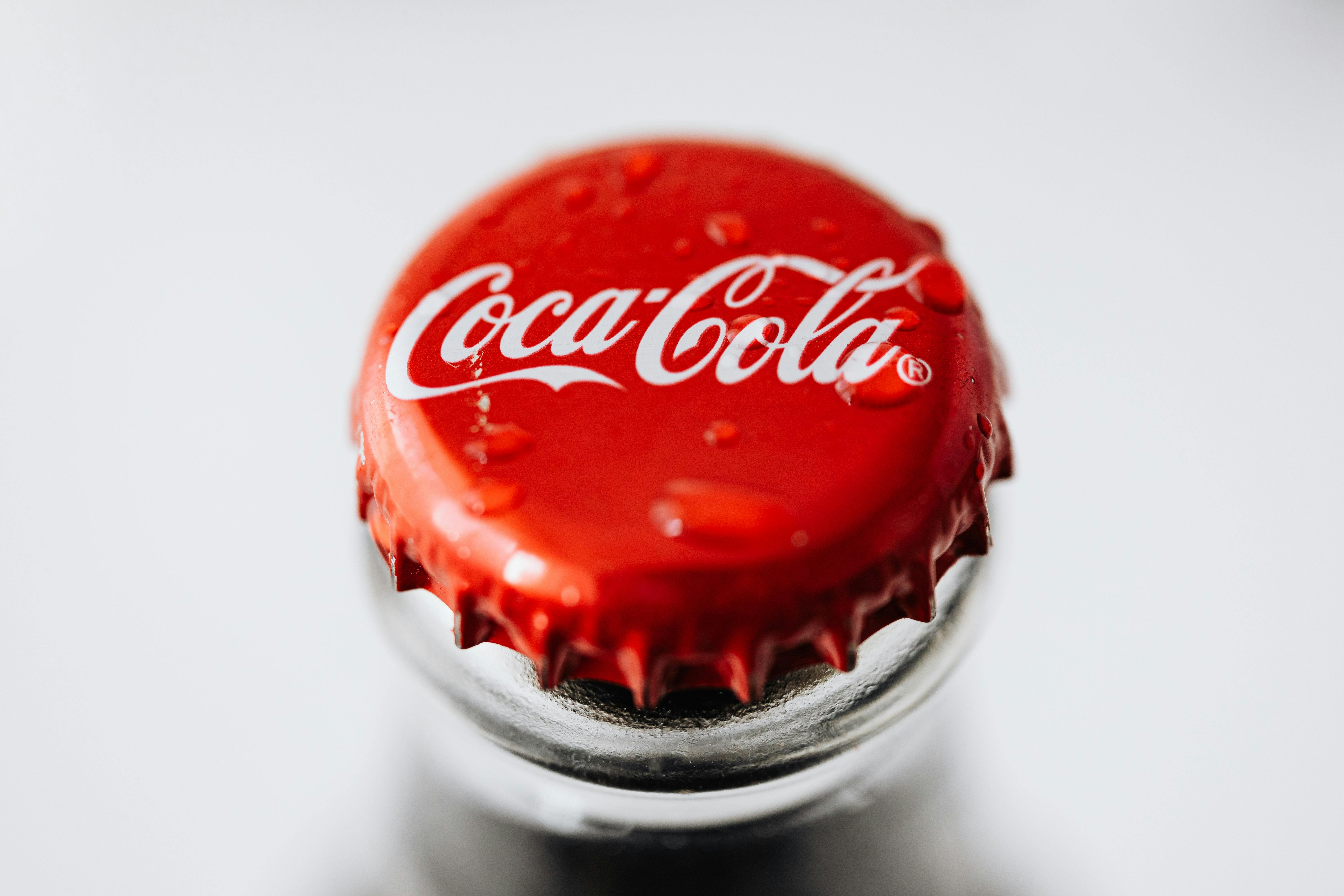Is distilled water the same as mineral water? The answer to this question is, no. Distilled water and mineral water are two different types of water, each with its own unique benefits. Distilled water is created by boiling and condensing steam from regular tap or spring water, removing any impurities such as minerals and bacteria. Mineral water, on the other hand, contains naturally occurring minerals or minerals that have been added to it during the bottling process. While both types of water can be beneficial for hydration, they have distinct differences in taste, composition and health benefits.Distilled water is water that has been purified by a process of distillation. This involves boiling the water and then collecting the steam in a separate container, where it cools and condenses back into liquid form. The impurities that were in the original water remain behind in the boiling container, leaving pure, clean water. Distilled water is often used in medical and laboratory settings, as well as for certain types of cleaning applications.
What is Mineral Water?
Mineral water is naturally occurring water that contains minerals, such as salts and sulfur compounds. These minerals give the water a distinct taste and are believed to provide health benefits. Mineral water comes from both underground and surface sources, such as springs, rivers, and lakes. The minerals found in the water vary depending on where it is sourced. Most mineral waters contain high levels of calcium, magnesium, potassium, chlorides, bicarbonates, sulfates, and silica.
In addition to providing essential minerals for the body, mineral water also helps to hydrate the body better than regular tap water. Some studies have shown that drinking mineral-rich water can help reduce inflammation in the body. It may also help protect against certain chronic diseases like heart disease and diabetes. Additionally, some people believe that mineral-rich water can improve digestion and skin health by providing essential minerals for cell regeneration.
Most commercially available mineral waters come from natural springs located around the world. In order to be labeled as “mineral water” by regulatory bodies like the FDA or EFSA (European Food Safety Authority), a product must
Distilled Water and Mineral Water
Distilled water and mineral water are two types of bottled water commonly found on store shelves. While both are safe to drink, there are some key differences that set them apart.
Distilled water is purified by a process of distillation, which involves boiling the water and then condensing its vapor into a container. This removes any impurities, such as bacteria, organic compounds, and minerals. As a result, distilled water has a very low mineral content and a neutral pH level.
Mineral water, on the other hand, is sourced from natural springs or underground wells that contain naturally-occurring minerals and salts. The minerals give it a distinct taste and can influence its pH level. Many people find that mineral water is more refreshing than distilled water due to its mineral content.
Ultimately, both distilled water and mineral water are safe to drink and can be used for various purposes. However, depending on your needs or preferences, one may be more suitable than the other.
Difference between Distilled and Mineral Water
Distilled water and mineral water are two types of water that have different origins, composition, and benefits. Distilled water is purified water that has been boiled and evaporated away from its contaminates. It is then condensed into a clean container for consumption. Mineral water, on the other hand, is sourced from natural springs or underground aquifers and contains minerals such as magnesium, calcium, iron, zinc, and potassium.
Distilled water is often used for industrial purposes such as cooling systems in cars or to fill batteries because it does not contain any minerals that could build up over time and clog the system. As a result of its lack of minerals, distilled water also has a flat taste compared to mineral water which can have a slightly sweet or salty taste depending on the source.
When it comes to health benefits, both distilled and mineral waters have their own advantages. Distilled water is excellent for detoxifying the body by removing toxins from the liver and kidneys due to its lack of contaminants. Mineral waters are known to be beneficial for digestive health because they contain trace amounts of minerals which can help soothe upset stomachs
Composition of Distilled Water
Distilled water is composed of only two elements, hydrogen and oxygen. It is created through a process of distillation, which involves boiling the water and collecting the steam that is produced. The steam is then condensed and collected into a container, creating pure water. This process removes all impurities from the water, such as minerals, bacteria, or any other contaminants. As a result, it has no taste or odor and is considered to be one of the purest forms of water available. Distilled water can be used for many purposes such as drinking, cooking, or even for medical procedures like dialysis. It can also be used in some laboratory processes where extremely pure water is needed.
The chemical composition of distilled water consists primarily of hydrogen and oxygen atoms in the form of H2O molecules. Most sources indicate that distilled water contains around 99% H2O molecules with the remaining 1% made up of trace elements like nitrogen, carbon dioxide, calcium and magnesium ions. However, the exact composition will vary depending on the source from which it was distilled.

Composition of Mineral Water
Mineral water is water obtained from a mineral spring that contains various minerals, such as salts and sulfur compounds. It is different from regular drinking water in that it contains dissolved solids, which give it its distinctive taste. It is also known for its health benefits, such as promoting digestion and aiding in weight loss. The composition of mineral water varies depending on the source of the spring and the minerals present in the vicinity. Generally, it consists of calcium, magnesium, sodium, potassium, sulfates, chlorides, bicarbonates and other trace elements. Calcium and magnesium are the most common minerals found in mineral water and are important for maintaining bone health. Sodium is also an essential mineral for maintaining electrolyte balance in the body. Potassium helps to regulate blood pressure levels while sulfates aid in digestion and absorption of nutrients. Chlorides help to keep the body hydrated while bicarbonates act as a buffer to maintain pH levels in the body. In addition to these minerals, trace elements such as iron, zinc and selenium are also found in mineral water which may provide additional health benefits.
In conclusion, mineral water
Health Benefits of Distilled Water
Distilled water has many health benefits. It is free of contaminants, chemicals, and other impurities, making it safer and healthier to drink than tap water. Distilled water is also great for people with allergies or sensitivities to chlorine or other chemicals found in regular tap water. Additionally, distilled water has no unpleasant tastes or odors like some other forms of drinking water do.
Distilled water can also help improve your overall health. It is a great source of hydration and helps keep your body functioning properly by aiding in digestion and flushing out toxins. Drinking distilled water on a regular basis can help improve your energy levels, as well as provide essential minerals and electrolytes that are lost through sweating and urinating. Additionally, distilled water can help reduce inflammation in the body, which can reduce the risk of various diseases such as arthritis and heart disease.
Distilled water also has many skin benefits. It is gentle on the skin and helps keep it nourished and hydrated from the inside out. Drinking distilled water on a regular basis can help reduce acne breakouts by reducing inflammation in the skin
Health Benefits of Mineral Water
Mineral water is water that has been naturally filtered through rocks and contains a variety of minerals that can be beneficial to one’s health. It is believed that these minerals may offer a number of health benefits, such as improved hydration, better digestion, and even increased energy levels. Some studies have even suggested that mineral water can help reduce the risk of certain illnesses, such as heart disease and diabetes. In addition to its potential health benefits, mineral water has also been found to be more refreshing than tap water, making it an ideal choice for those looking to stay hydrated.
One of the main benefits associated with drinking mineral water is improved hydration. This is due to the presence of minerals such as calcium, magnesium, potassium, and sodium in the water. These minerals help regulate the body’s fluids and electrolyte balance which can lead to better hydration and better overall health. Mineral water also has a higher pH than regular tap water which helps make it more alkaline in nature and can help offset any acidic foods or beverages consumed during the day.
In addition to improved hydration, mineral water can also help

Conclusion
It is clear that distilled water and mineral water are two different types of water. Distilled water is purer than mineral water, but it lacks the essential minerals that are found in mineral water. Both waters can be used for different purposes, and it all comes down to personal preference and what you’re looking for in a type of water.
At the end of the day, both distilled and mineral waters are safe to drink. It’s important to remember that no matter which type of water you decide to drink, it should come from a trusted source to ensure its safety and quality.
We hope this article has helped you understand the difference between distilled and mineral waters so you can make an informed decision when deciding which one is best for you.

